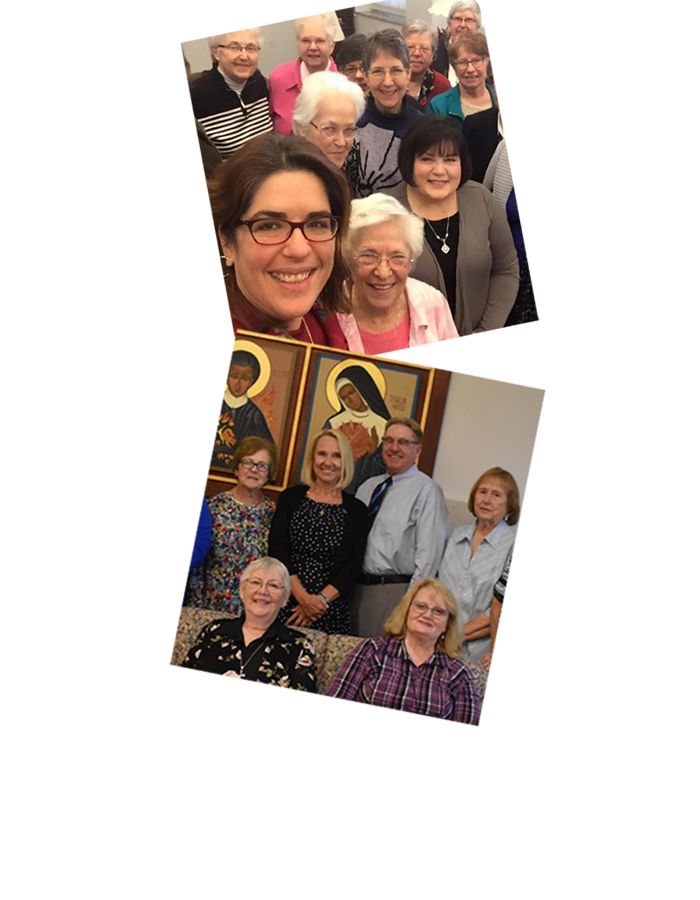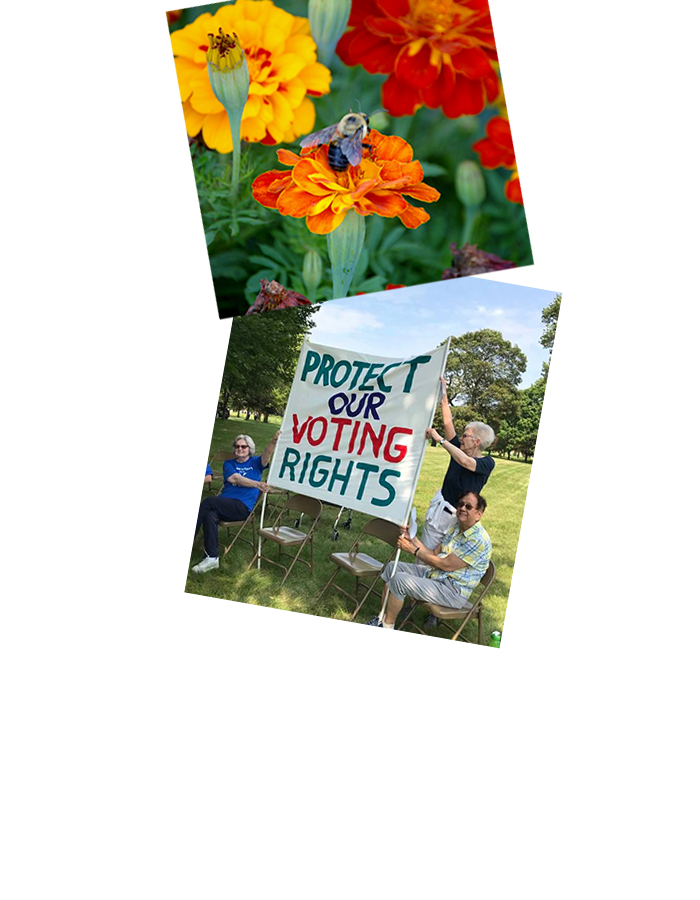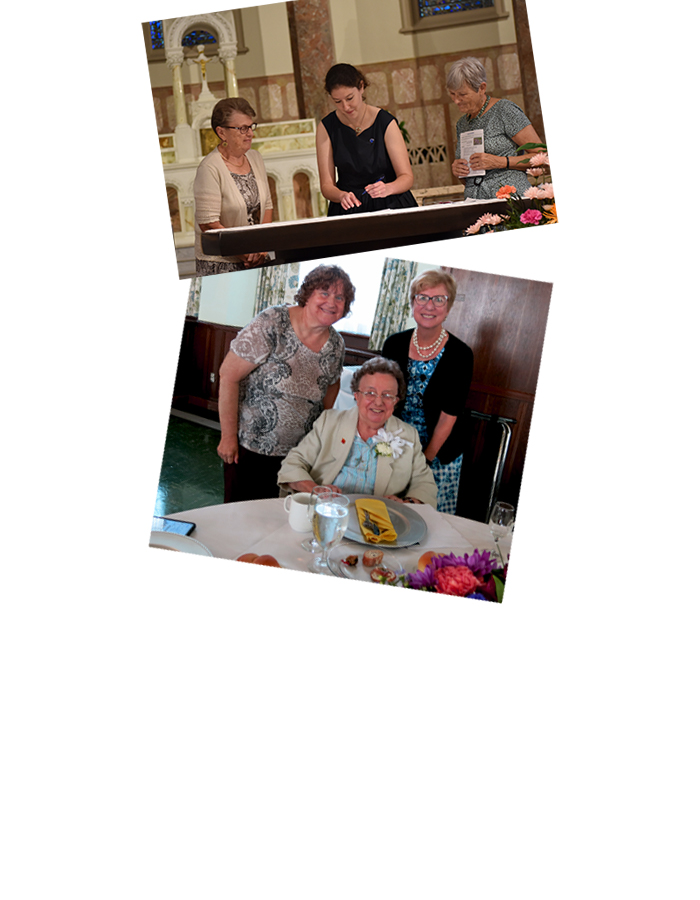Since 1981, AIDS has killed more than 25 million people, infected 40 million others and left a legacy of unspeakable loss, hardship, fear and despair. In highly developed countries, cocktails of powerful anti-retroviral drugs have largely altered the prognosis from certain death to manageable chronic illness. However, medicine offers less hope in the developing world where most victims are poor, with little or no access to the proper medical care.
Almost two-thirds of those infected with HIV live in sub-Saharan Africa where poverty, ignorance and negligent political leadership extended the epidemic’s reach and hindered efforts to contain it. AIDS is the leading cause of death in Africa, which has accounted for nearly half of all global AIDS deaths. Besides the personal suffering of the infected and their families, the epidemic already has had devastating consequences for African education systems, industry, agriculture and economies in general.
Slowly, the epidemic has established footholds in the world’s most populous countries including India and China. Most of the world’s people suffering from AIDS are denied access to lifesaving medications because of corporate abuse of drug patent protection, high prices and unfair government policies. At the same time, many countries still spend more repaying debts to rich creditor nations than they currently spend on fighting AIDS and providing basic health care.
Prayer Resources
The IHM HIV/AIDS Committee has created a prayer service for World AIDS Day (Dec. 1).
Articles/Papers/Study-Guides
Large Africa Study Makes Important Breakthrough in HIV Prevention
By Sinead Delany-Moretlwe, All Africa, Nov. 15, 2020
Young women between the ages of 10 and 24 are twice as likely to get HIV as young men in the same age group. In East and Southern Africa young women will acquire HIV on average five to seven years earlier than their male peers.
Being HIV Positive Increases Risk of Death From COVID-19
By Fran Lowry, Medscape, Oct. 13, 2020
People with HIV who are hospitalized for COVID-19 have a significantly heightened risk of 28-day mortality compared with people without HIV.
Kenya On the Way to Ending HIV/Aids Epidemic
By Angela Oketch and Kevin J. Kelley, AllAfrica.com, July 8, 2020
Kenya is inching closer to the global target of testing, treating and virally suppressing HIV/Aids in 90% of its population, a new report by the United Nations Programme on HIV/Aids (UNAIDS), titled “Seizing the Moment,” says.
TB, HIV and COVID-19: Urgent Questions as Three Epidemics Collide
Inter Press Service News Agency, March 25, 2020
Tuberculosis (TB) and HIV pose a significant burden on South Africa’s health system. There’s a close relationship between the two. About 60% of TB patients are also HIV-positive. The novel coronavirus (Sars-CoV-2) is likely to be of particular concern for communities with high rates of TB and HIV.
Africa: Battling HIV and AIDS Through a Community-Led Approach
By Kilford Zimondi, All Africa, Nov. 28, 2019
Communities are the lifeblood of an effective AIDS response, mirrored in the theme for World AIDS Day 2019: “Communities make the difference.”
HIV/AIDS Still a Serious Threat in South Africa
By Paul Tatu, Zenit Nov. 14, 2019
Fear of stigma, discrimination and violence discourages people from getting treatment.
AIDS and the Vulnerable
By Paul Jeffrey, United Methodist Women: Response, Dec. 2018
As AIDS treatments continue to improve, shifting demographics show that economic inequality and lack of education keep vulnerable women and children from prevention and care.
PEPFAR’s Impact on Global Health Is Fading
By David P. Fidler, Council on Foreign Relations, May 18, 2018
“During its fifteen years, PEPFAR has become one of the most important global health initiatives ever launched. However, its influence is fading, threatening the global fight against HIV/AIDS as the struggle against the pandemic faces a turning point.”
The turbulent history of HIV/AIDS (video)
CNN
First documented in the US in 1981, HIV now infects more than 36 million people worldwide.
Everyone at High Risk of HIV Should Be Offered Preventative Meds, Panel Says
By Lenny Bernstein, The Washington Post, Nov. 20, 2018
An influential panel of medical experts recommended for the first time that physicians offer preventive medication to anyone at high risk of acquiring HIV.
On the front lines of Russia’s staggering HIV epidemic
By Ivan Watson, Emma Burrows and Jeffrey Kehl, CNN, June 8, 2017
According to the United Nations’ UNAIDS program, Russia had the third-highest number of new HIV infections globally in 2015, behind South Africa and Nigeria. Russian government statistics show that more than half of new infections are transmitted through intravenous drug use; the rate of infection is rising.
Modern HIV drugs can add 10 years to life expectancy, study says
By James Masters, CNN, May 11, 2017
The latest treatments for HIV mean that young people living with the virus could live up to a decade longer, a new study says.
From South to North: Lessons for the Church from the Developing World
Bishop Kevin Dowling, The Tablet Lecture 2014
This is an audio recording of Bishop Kevin Dowling’s 2014 Tablet Lecture. Born in Pretoria and ordained as a Redemptorist priest in 1967, Kevin Dowling was appointed the Bishop of Rustenburg in 1990. He has ministered in various parts of South Africa, including townships in Cape Town and Pretoria, and has been at the forefront of the Church’s response to the HIV/AIDS pandemic.
Catholic Responses to AIDS in Southern Africa: 30 Years After the Discovery of AIDS – Part I
Johan Viljoen, Jan. 21, 2013
St. Joseph’s Theological Institute hosted a conference titled “Catholic Responses to AIDS in Southern Africa, 30 years after the discovery of HIV” in January 2013. This is part one of a summary of the conference.
Catholic Responses to AIDS in Southern Africa: 30 Years After the Discovery of AIDS – Part II
Johan Viljoen, Jan. 21, 2013
Part two of a summary of the conference, “Catholic Responses to AIDS in Southern Africa, 30 years after the discovery of HIV”
Web Links
Africa Faith and Justice Network
AFJN stresses issues of human rights and social justice that tie directly into Catholic social teaching.










